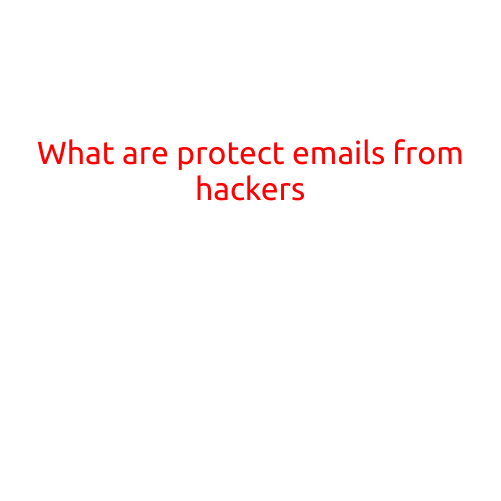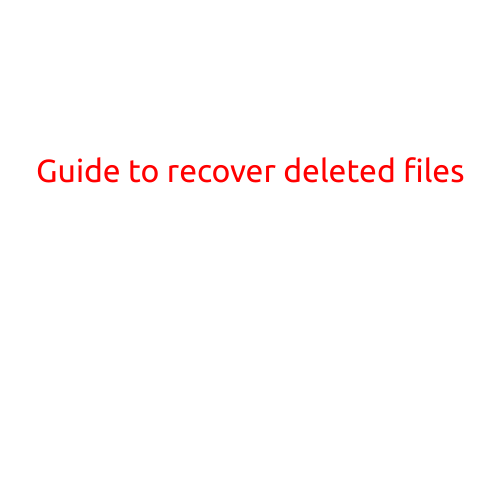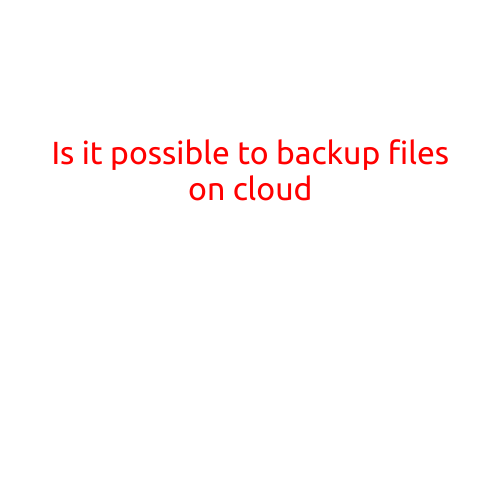
What are Protect Emails from Hackers?
In today’s digital age, emails have become an integral part of our daily communication. With the rise of online threats and cyber attacks, it has become essential to protect our emails from hackers. Hackers can use various methods to gain unauthorized access to our emails, steal sensitive information, and even use our email accounts for malicious activities. This article will provide you with information on how to protect your emails from hackers and maintain the security of your digital communication.
What are Hackers Looking for in Your Emails?
Hackers are attracted to emails that have sensitive information, such as:
- Passwords and login credentials
- Financial information (credit card numbers, Social Security numbers, etc.)
- Personal data (address, phone number, etc.)
- Business information (bank account numbers, trade secrets, etc.)
How do Hackers Hack Emails?
Hackers use various methods to gain access to emails, including:
- Phishing: Stealing login credentials through fake emails that appear to be from a legitimate source.
- Spear Phishing: Targeted phishing attacks on specific individuals or groups.
- Malware: Infecting devices with malware that can steal login credentials or send emails on behalf of the victim.
- Social Engineering: Tricking individuals into revealing sensitive information or performing specific actions.
How to Protect Emails from Hackers:
To protect your emails from hackers, follow these best practices:
- Use Strong Passwords: Use long, complex, and unique passwords for your email account. Avoid using the same password for multiple accounts.
- Enable Two-Factor Authentication (2FA): Add an extra layer of security to your email account by enabling 2FA, often in the form of a code sent to your phone or a biometric identifier.
- Keep Your Email Client Up-to-Date: Regularly update your email client to ensure you have the latest security patches and features.
- Be Cautious with Links and Attachments: Never open links or attachments from unknown or suspicious sources. Verify the authenticity of emails before taking any action.
- Monitor Your Email Activity: Regularly check your email account’s activity logs to detect any unusual behavior or unauthorized access.
- Use a Spam Filter: Enable your email client’s spam filter to block suspicious emails and reduce the risk of malware infections.
- Back up Your Emails: Regularly back up your emails to an external storage device or cloud storage service to ensure you have a copy of your emails in case of a security breach.
- Use a Secure Connection: When accessing your email account using a public network, use a virtual private network (VPN) to encrypt your data and prevent unauthorized access.
- Don’t Respond to Suspicious Emails: Never respond to emails that appear to be phishing attempts or request sensitive information.
- Keep Your Operating System and Antivirus Software Up-to-Date: Ensure your operating system and antivirus software are updated to protect your device from malware and other cyber threats.
Conclusion
Protecting your emails from hackers requires a combination of awareness, caution, and proactive measures. By following the best practices outlined in this article, you can significantly reduce the risk of your email account being hacked and ensure the security of your digital communication. Remember to stay vigilant and always be suspicious of unsolicited emails and attachments.





